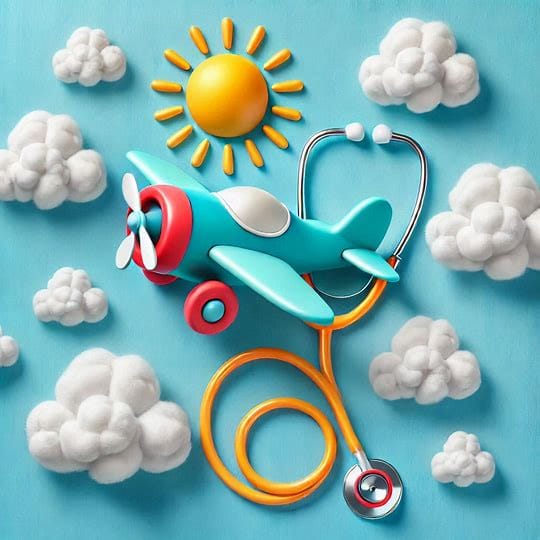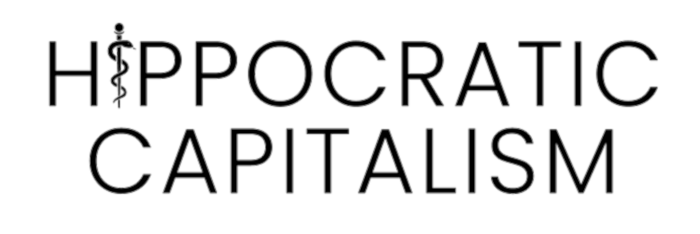Do We Need an FAA for the Healthcare Industry?

United Healthcare and Boeing Aerospace have both been in the news lately for management practices that put the public at risk. But the business impact on the two companies has been very different.
Why is it that United Healthcare is setting records for financial performance, while Boeing is haemorrhaging cash and is on the verge of needing a national bailout (since it’s presumably too strategically important for the US to allow it to go bankrupt)?
Let’s start with what the two companies have in common:
- They’re both massive corporations with huge workforces.
- They're both in industries that are traditionally led by professionals. Physicians, nurses, pilots, and engineers care a lot about quality and safety. They've also historically been well represented in leadership positions in these industries.
- Both United Healthcare and Boeing have been pushing professionals aside for decades, prioritizing financial engineering ahead of medicine and aerospace engineering.
- The disastrous human consequences of both companies' profits-first approach have been documented in numerous high profile news stories.
Yet only one of the two, namely Boeing, appears to be experiencing negative business consequences. What’s going on here?
Theory 1: It just takes (a lot of) time for these things to play out.
According to some observers, Boeing’s engineering culture began its long downward slide in 1997 when Boeing merged with McDonnell Douglas. McDonnell Douglas’s CEO took over as CEO of the combined company and pushed executives to emphasize shareholder value. A GE-trained executive with no aerospace experience was also brought in as the new chairman of the board. Over the subsequent 25+ years, a stream of top-down management changes gradually eroded the safety culture, culminating in two 737Max crashes and the Alaska Air mid-air panel blowout. So under this theory, there might yet be some tipping point in UnitedHealth’s destruction of medical culture that will finally cause the company to crash financially.
Theory 2: Aviation safety is easier to regulate than medical safety.
The linchpin in the Boeing story is FAA’s authority to ground aircraft if they deem them unsafe. Boeing’s financial crisis isn’t a direct result of airlines or passengers avoiding Boeing equipment for fear of crashing. It’s also not mainly the result of the $2.5B criminal settlement with the feds. ($2.5B might sound like a lot, but it’s a drop in the bucket compared with Boeing's reported $33B in losses since 2018.) No, the proximate cause of Boeing’s financial crisis is the 20 month-long 737Max grounding back in 2019-20, combined with the threat that the FAA could ground planes in the future, combined with the threat that future Boeing planes coming off the assembly line might not get approved for service by FAA. When airlines are afraid of losing massive amounts of money due to not being able to fly their Boeing planes, then buying Airbus planes becomes a no-brainer. It all comes down to the financial risk that’s a consequence of the regulatory risk.
In American healthcare, there’s nothing analogous to the FAA and their zero-tolerance attitude around safety. This might be in part because safety is much harder to measure in healthcare. Every commercial airline crash makes international news, and everyone understands that a crash means that something went terribly wrong and needs to be corrected. Quality systems and near misses are taken seriously as a result (even if Boeing was cutting corners). Patient death and harm, on the other hand, are so commonplace that it can be hard to separate system-based fault from patient factors. And so bad actors, even ones as outrageous as this out of control oncologist in Montana are allowed to keep operating for years.
In the end, I think the best explanation is Theory 3: Lack of an accountability system with teeth. We simply don’t have any regulatory system for healthcare safety and quality that’s strong enough to strike fear in the hearts of insurers, hospitals, and doctors, the way that FAA strikes fear in the hearts of airlines and pilots.
